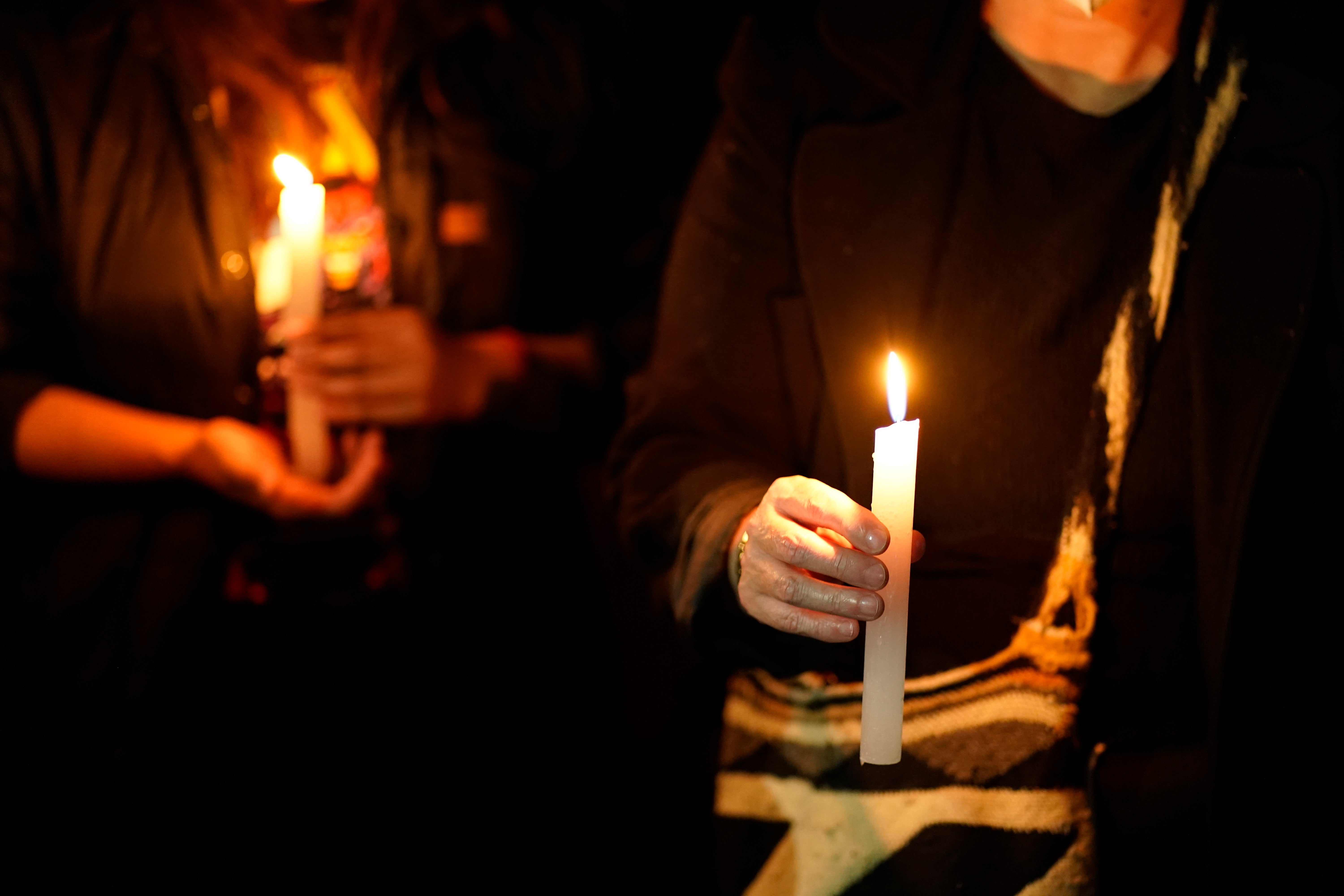Fourth journalist killed in Mexico in a month
‘We are not armed, we don’t carry weapons. Our only means of defense are a pen, a pencil, a notebook,’ director says

Your support helps us to tell the story
From reproductive rights to climate change to Big Tech, The Independent is on the ground when the story is developing. Whether it's investigating the financials of Elon Musk's pro-Trump PAC or producing our latest documentary, 'The A Word', which shines a light on the American women fighting for reproductive rights, we know how important it is to parse out the facts from the messaging.
At such a critical moment in US history, we need reporters on the ground. Your donation allows us to keep sending journalists to speak to both sides of the story.
The Independent is trusted by Americans across the entire political spectrum. And unlike many other quality news outlets, we choose not to lock Americans out of our reporting and analysis with paywalls. We believe quality journalism should be available to everyone, paid for by those who can afford it.
Your support makes all the difference.A fourth journalist has been killed in Mexico in a month, drawing condemnation from freedom-of-the press groups.
Roberto Toledo, a 55-year-old lawyer who collaborated with the news outlet Monitor Michoacán, was gunned down in the western state of Michoacán, in the municipality of Zitácuaro, by three men in a parking area by the law office where he worked.
His death was confirmed by the director of Monitor Michoacán, Armando Linares, in a video shared on social media.
“One of our colleagues lost his life because three people came and shot him in a vile way, in a cowardly way,” Mr Linares said in the video, clearly distraught. “To our colleague’s family I say that we are not going to leave things like this and that we are going to take them to their final consequences.”
Mr Linares said employees at Monitor Michoacán had been the subject of threats via WhatsApp and Messenger.
“We are not armed, we don’t carry weapons. Our only means of defense are a pen, a pencil, a notebook,” he said.
Mexico’s government spokesperson, Jesús Ramírez Cuevas, initially condemned the killing on Twitter, saying: “We will work together with the state and municipal government to clarify the case. We will not allow impunity. We defend freedom of expression and the right to information.” A subsequent tweet from his account said that Roberto Toledo worked as an assistant in a law firm, not as a journalist.
In an interview with Mexico’s Milenio, the mayor of Zitácuaro, Antonio Orihuela, also condemned the attack but said Toledo wasn’t a journalist.
Monitor Michoacán’s director said Toledo covered the state government and produced video stories for the Web. “He kept a low profile, given the threats we had received,” he said in an interview with Milenio.
Three other journalists and media workers have been killed so far this year: reporter José Luis Gamboa Arenas was killed in Veracruz on 10 January; photographer Alfonso Margarito Martínez Esquivel was killed outside his home in Tijuana on 17 January; and reporter Lourdes Maldonado López was shot inside a car in Tijuana on 23 January.
The death of Toledo on 31 January “underscores the incredibly dangerous situation that journalists all across Mexico are having to contend with as they’re trying to go about doing their daily work”, said Natalie Southwick, program coordinator for Latin America and the Caribbean for the Committee to Protect Journalists (CPJ). The group condemned the attack on social media and urged Mexican authorities to investigate.
Mexico ranked as the world’s deadliest country for journalists in 2020, according to a report by the CPJ. In addition to those killed, 15 journalists remain missing in Mexico, according to CPJ data.
The Washington Post
Join our commenting forum
Join thought-provoking conversations, follow other Independent readers and see their replies
Comments